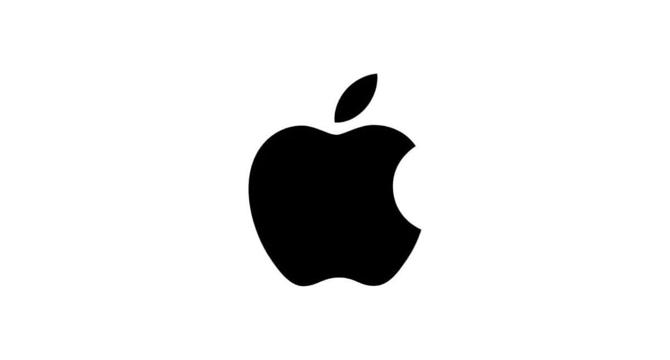Telecomtalk
5h
446

Image Credit: Telecomtalk
Apple Eyes Generative AI to Accelerate Custom Chip Design, Says Senior Executive: Report
- Apple is considering the use of generative AI to expedite the design of its custom silicon, as mentioned by Johny Srouji, Senior Vice President of Hardware Technologies at Apple.
- Srouji addressed this initiative during a speech in Belgium, where he was honored by Imec, a semiconductor research and development group.
- He highlighted Apple's evolution in chip development and stressed the importance of cutting-edge tools for success.
- Apple has learned the necessity of utilizing advanced tools in chip design, including the latest software from EDA companies like Cadence Design Systems and Synopsys.
- Both EDA firms are integrating AI capabilities into their platforms to advance chip design.
- Generative AI could enhance design efficiency, offering potential productivity gains.
- Apple made sizeable commitments without contingency plans during the transition of its Mac computers from Intel's chips to its own chips.
- The move to Apple Silicon represented a significant undertaking with no fallback options.
- This insight sheds light on Apple's strategic approach to semiconductor innovation and technology adoption for competitive hardware design.
- Apple's interest in leveraging AI for chip design signifies its commitment to staying at the forefront of technological advancements.
- Apple's integration of generative AI into chip design may revolutionize its design processes and product development timeline.
- The use of AI in chip design is becoming pivotal for major tech companies like Apple to stay competitive and innovative.
- The speech by Srouji offers a glimpse into Apple's high-stakes chip design strategies and the importance of bold decisions.
- The exploration of generative AI aligns with Apple's tradition of pushing technological boundaries for enhanced products and performance.
- The application of AI in chip design reflects a broader industry trend towards leveraging cutting-edge technology for improved efficiency and competitiveness.
Read Full Article
17 Likes
For uninterrupted reading, download the app